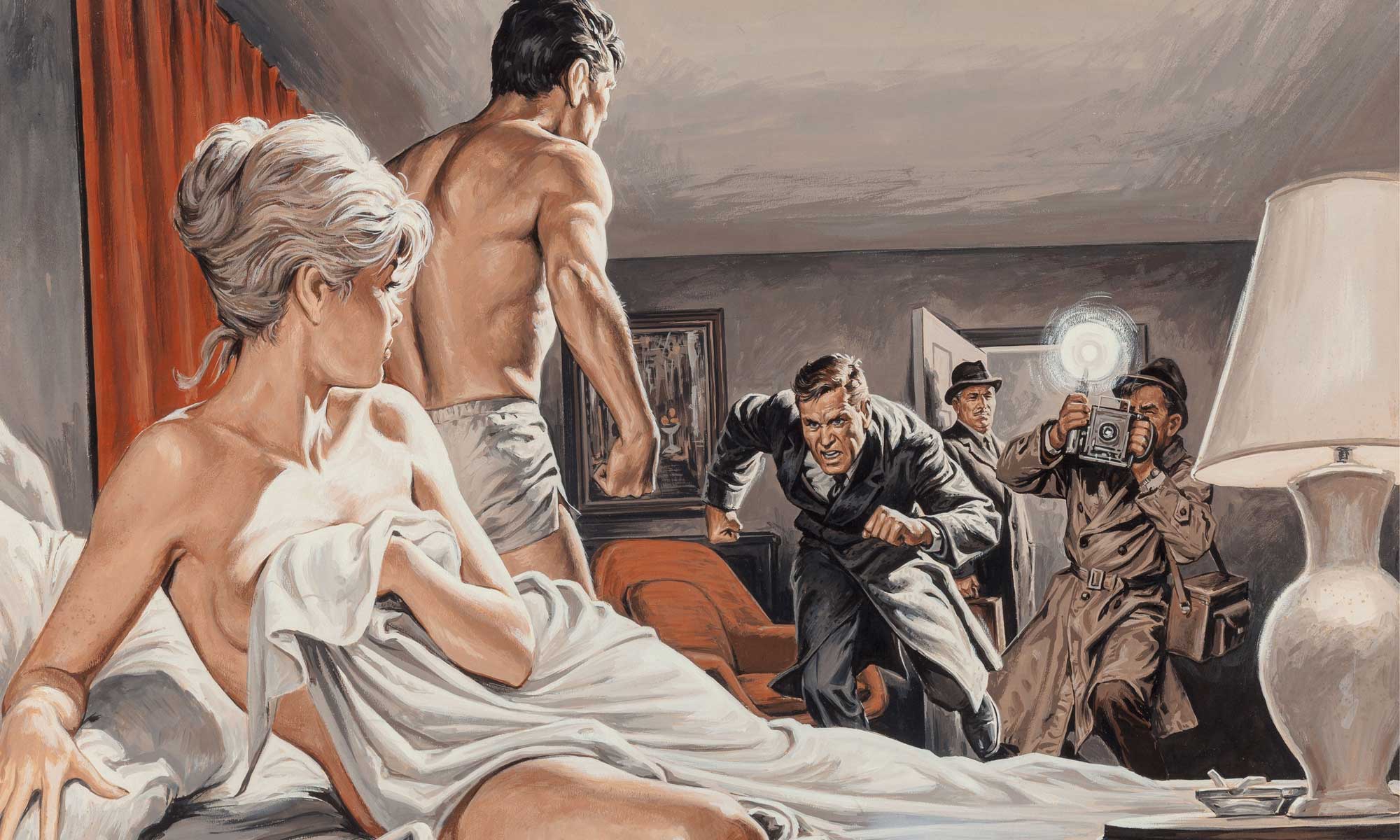
What do Paul Stanley and I have in common? Chest hair? Makeup? Goofy stage banter? Nope. Not much, really, except for one formative event: at age 5, we were both pole-axed by Beethoven’s “Emperor” Concerto (Piano Concerto #5). Here’s PS waxing eloquent on the subject:
I was absolutely god smacked. To know that music could have that kind of power, although I was so young, the music had such heroic qualities to it and mammoth chords. To this day it’s some of the heaviest and most glorious melodies ever. So that really was my introduction to the gravitas that music could have and how emotive it could be. So at the core of music for me is Beethoven.
As for me, it was the first piece of music I fell in love with when Col. Renfield brought home a copy and put it on the ol’ console. The Beatles came a year or so later.
If you’re interested, there are many good recordings and a handful of great ones. But to my ears, Rudolf Serkin owned this work. Here he is with Leonard Bernstein and the NY Philharmonic competing with him for attention. The winners are we, the listeners.

Magical. Seems almost too classy for youtube.
I started listening through my beater chromebook and immediately was like “no, no . . . need headphones!”
I appreciate Renfield’s Like Pearls Before Swine program.
Exploring classical music beyond that featured in Looney Tunes has been illuminating and inspiring.
“Paul Stanley cites Beethoven’s Piano Concerto No. 5 as a major influence on KISS, but I’ve always heard more Schubert and frankly – Brahms – in his work.”
– some pretentious jackass at Pitchfork
No program here, I promise. Just passing along what might be interesting to the non-obsessive. If I were on a real program, I probably would have posted a lot more and been booted from this blog long ago.
Was the Pitchfork writer joking? Beyond power chords, there really isn’t much classical influence on non-progressive rock.
But where would rock be without power chords? And you could make a good case that Beethoven invented those. Before him, other composers like Mozart and Haydn used big chords, typically at the beginning of a piece to grab attention (“please shut-up, the music’s starting”) and to make a bang-up ending. But Beethoven’s big chords had an attitude. There’s no “please shut-up,” it’s just “shut-up.” His predecessors mainly wanted to please, whereas Beethoven was there to pummel you whether you wanted it or not, which was just the type of person he was. I loved Amadeus, but Mozart wasn’t really the proto-punk of that movie. He was more of a passive aggressive type. If there was a proto-punk in the classical realm, it was Beethoven. He just did what he wanted and wouldn’t suck up to anybody. He didn’t give a fuck what anyone thought and would not be pushed around, and that really comes through in his music. That’s why he was the composer of choice for the Droogies.
Sublime!
You and Paul also make the same faces when you play guitar.
Well, that went without saying. That’s why I never play guitar anymore. So unbecoming for old men without the benefit of makeup.
I made up that Pitchfork quote because that’s how every pretentious Pitchfork reviewer sounds in my brain.
This thread gave me reason to break out Edmund Morris’ Beethoven biography. It’s an excellent read. Some highlights:
“Beethoven is so generally thought of as a symphonic composer that we tend to forget that he was the son and grandson of singers, and was steeped in opera and choir music throughout his formative years.”
and, in reference to Kleiber’s Vienna Philharmonic recording of the Beethoven’s 5th being blasted out of someone’s window on a beautiful snowy day :
“there are moments when only Beethoven will do”
Your humor was so spot-on that I thought it was true.
Thanks for the Beethoven bio recommendation, added to my list.
A lot of great 5ths, but yeah, when you’re in the mood for hard-hitting, Carlos Kleiber can’t be beaten. His father, Erich, led a mean one too (an old mono recording for ultra-nerds).
If you really want to go down the rabbit hole, Beethoven’s late piano sonatas and late string quartets are still ahead of their time. It takes more than a few listens to “get” them, although you never entirely do—which is why they’re still ahead of their time 200 years later. Pianist Artur Schnabel said that the late sonatas are “better than anyone can play them,” true of the late quartets also. Best music ever written IMO.
“The string quartet in B-flat, Op. 130, traverses more styles in fifty minutes than Wagner did in fifty years…
…that fugue, by the way, known and feared by chamber musicians as the Grosse Fuge, a breaker of strings and burner of fingertips, was Igor Stravinsky’s favorite quartet movement. There can be no better testament to Beethoven’s timelessness than the fact that Stravinsky, iconoclast supreme, measured his own modernism against something written in 1825, ‘this absolutely contemporary piece of music that will be contemporary forever … I love it beyond any other.’ “
It’s an engaging read, even for a classical noob like me.
Yeah, the GF is a beast, and I’m amazed with any quartet that can pull it off. It used to trip up even the best quartets, and only in the past 30 years or so did technically good performances become relatively common. First recording I had of it was of the great Hungarian Quartet tripping all over each other (the other movements were great). Now you can hear many technically good versions. I saw the Emerson Quartet nail it live back in the late 90’s. We’re currently in a golden age of chamber playing. But no one can make the GF sound easy, that’s likely impossible.
By the way, the video you linked calls all of Quartet #13 the Grosse Fuge, but the actual GF is only the last movement that begins at 28:48. Beethoven did write the GF as the last movement of that quartet, and nowadays it’s usually played in that context. But when he finished writing Q13, his publisher, knowing that the GF would be unplayable and unpopular, begged him for an alternate finale. Beethoven complied, and published the GF as a separate work. So for years it was a stand-alone piece that no one played, and Q13 had a kinder, gentler last movement.
Critics universally hated it; it was just too advanced for anyone to comprehend at the time. It was very rarely played before the 20th century, but began a very slow growth in the 1920’s.
I now retire to the pedant’s corner.
And I thought your knowledge of rock trivia was impressive!